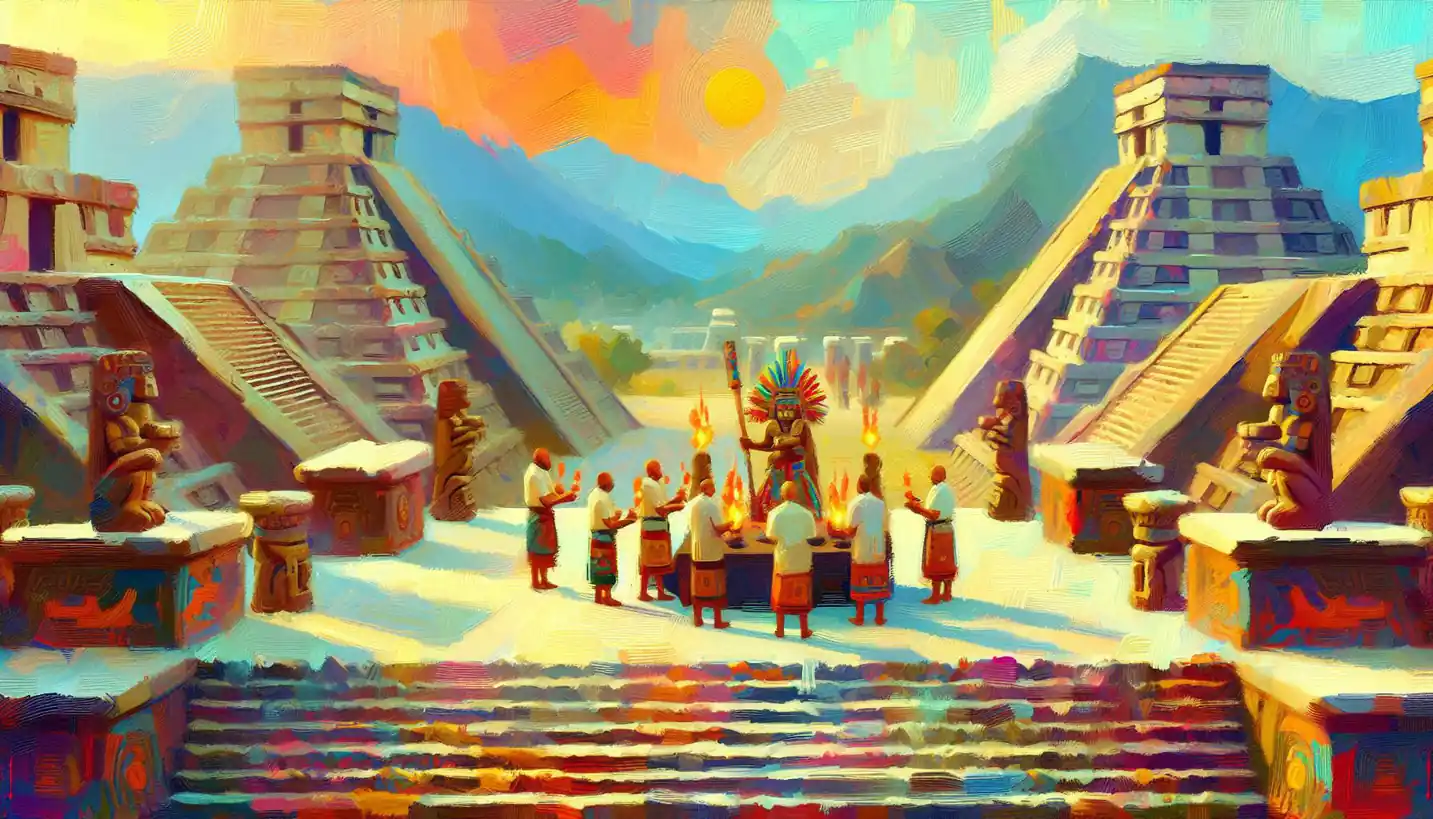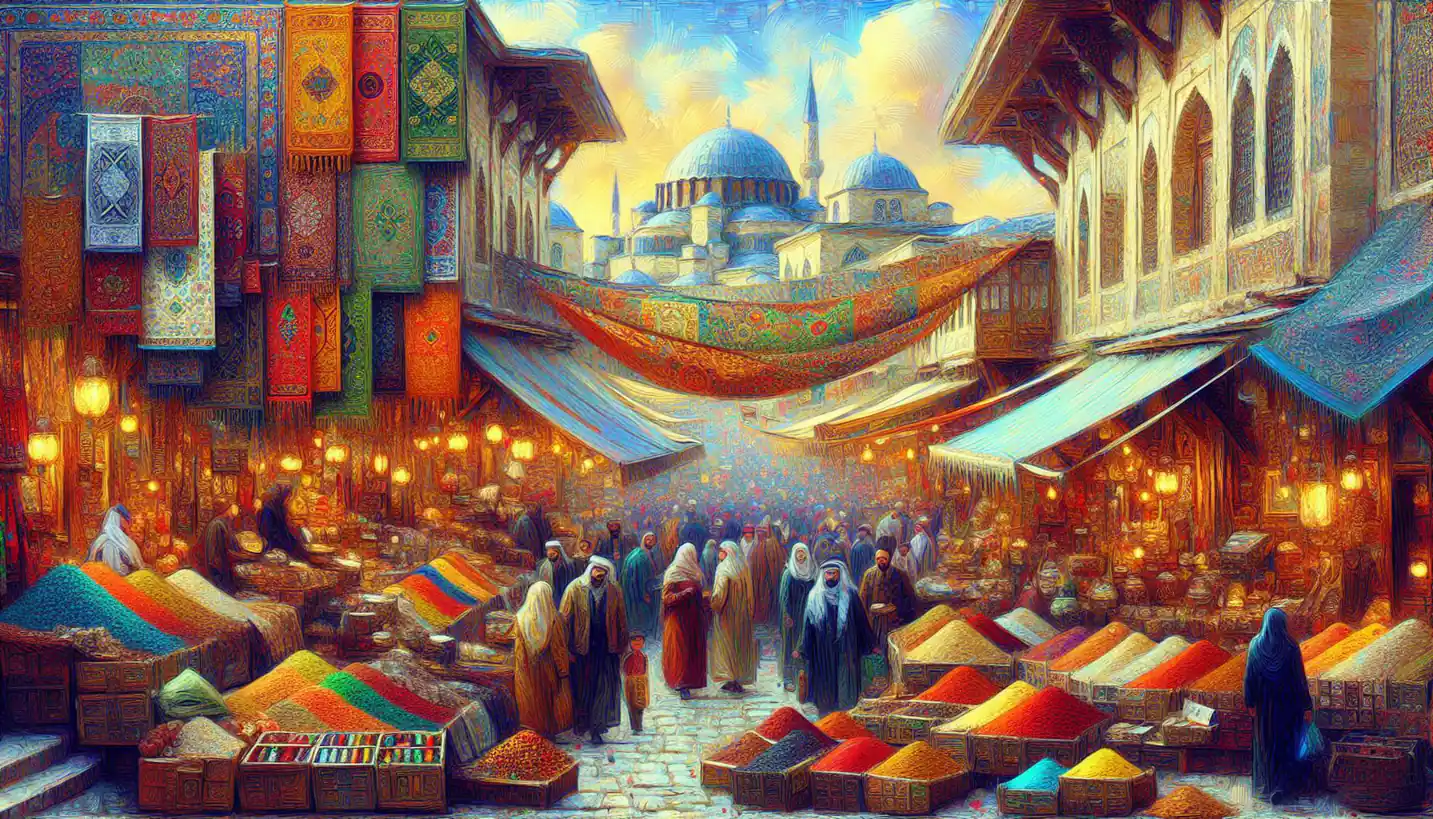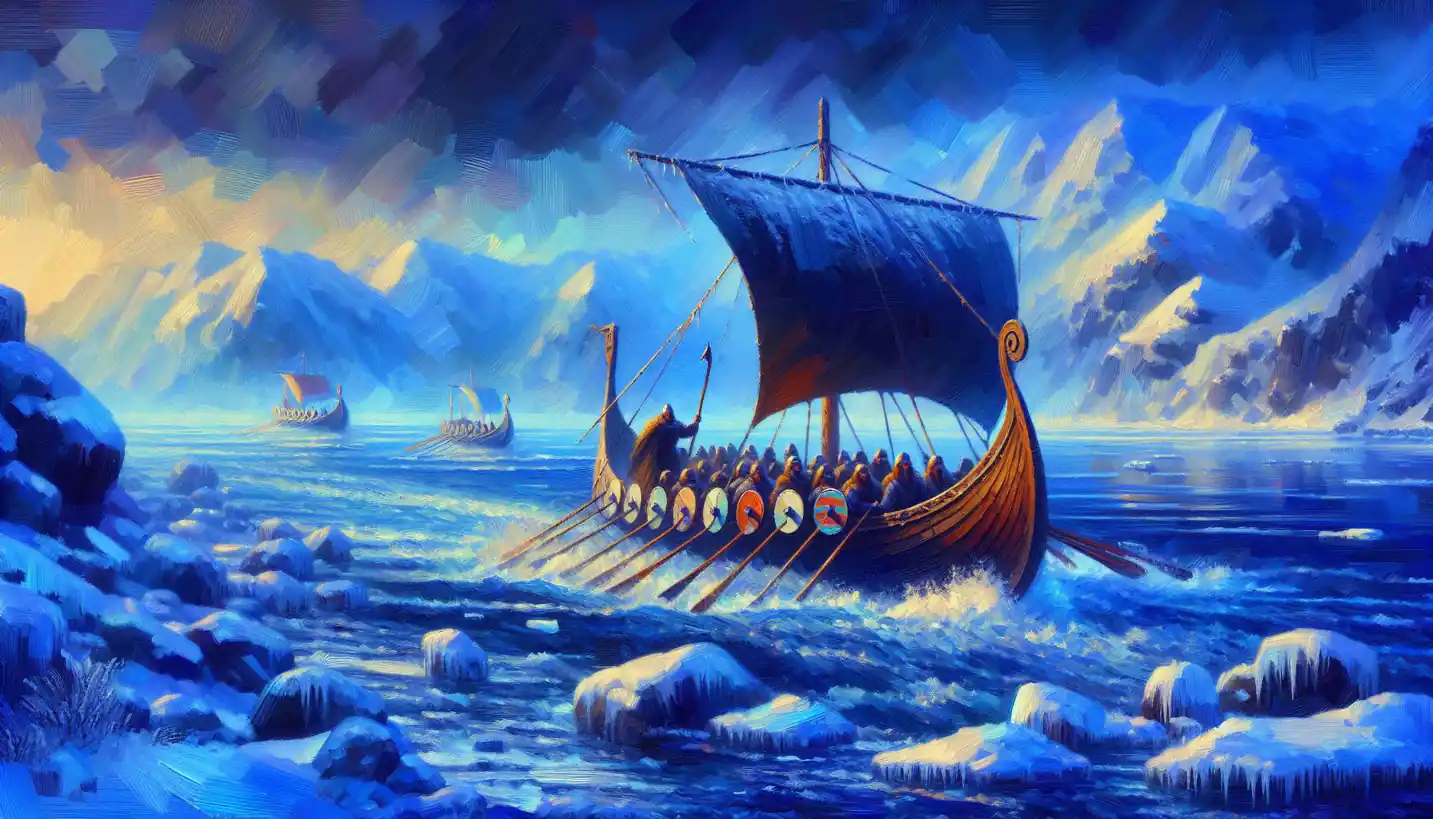· History · 4 min read
Alchemy: The Mysterious Path in Science History
Alchemy, shrouded in mystique, once promised the transformation of elements and the pursuit of immortality. Dive into its enigmatic history and its influence on modern chemistry.

Alchemy holds a mystique that’s woven into the tapestry of history. Often shrouded in mystery and magic, alchemy is actually an important predecessor to modern chemistry and science. But what really is alchemy, and why has it intrigued curious minds for centuries?
Alchemy was a kind of blend of philosophy, science, and spirituality. Imagine a quest not just in a physical laboratory, but also as a journey of inner transformation. Alchemists aimed to transform base metals like lead into gold, chasing after the legendary “Philosopher’s Stone,” a substance thought to grant immortality and eternal youth. This wasn’t merely about material wealth; it was a symbolic journey of refining the self, reflecting deeper spiritual insights.
Origins of Alchemy
The roots of alchemy stretch back thousands of years to ancient civilizations, like Egypt, Greece, India, and China. Picture ancient Egypt, where alchemy was closely tied with mummification and the idea of eternal life. It was here that early texts, often attributed to Hermes Trismegistus, began shaping the ideas that would influence both Greek and Islamic alchemical traditions.
In China, alchemy was linked with Taoist philosophy, focusing more on internal alchemy – a pursuit of health, longevity, and spiritual immortality. This varied approach across cultures shows how alchemy was more than just a pursuit of wealth but a quest deeply interwoven with philosophical and spiritual life.
The Science Behind the Magic
In today’s world, chemistry is driven by systematic experimentation and analysis. Alchemy, however, was more of an art mixed with mysticism. Alchemists didn’t have the systematic approach we recognize today, but they were pioneers, experimenting and setting the stage for future scientific discoveries.
They believed in transforming substances, and in a way, they were right. Everything is made up of elements and compounds, even if they misunderstood the process. Alchemy’s insistence on transmutation mirrors modern chemistry’s understanding of reactions and bonds. The very dream of turning lead into gold isn’t entirely impossible now—it’s just far more complex than the alchemists imagined.
Legendary Figures and Their Stories
Alchemy’s allure is partly due to the colorful characters that pursued its secrets. Think of Paracelsus, the Swiss Physician, whose radical beliefs led to innovations in medicine. He saw alchemy as a tool for healing, linking it with herbalism and medical chemistry.
Then there’s Isaac Newton, the physicist who changed our understanding of the universe. Newton’s dabbling in alchemy reveals that even a great scientific mind of his caliber found the quest intriguing. These stories ground alchemy in reality, drawing connections between the mystical past and scientific present.
Alchemy’s Symbolism and Influence
Have you ever wondered why alchemy captures the imagination so effectively? It’s not only about the idea of magical transformations but the symbolism that alchemists used. They loved to use elaborate symbols for elements and processes, weaving a tapestry of meaning that linked cosmic and earthly transformations.
These symbols and ideas filtered through the sands of time, influencing literature, art, and psychology. Carl Jung, for instance, saw alchemy as a metaphor for personal transformation and self-realization. This enduring legacy speaks to the depth and resonance of alchemical thought, leaving an indelible mark on culture and intellectual history.
Alchemy and Science
How did alchemy evolve into modern science? Alchemists laid the groundwork by embracing experimentation, even if their methods lacked today’s precision. Over time, thinkers like Robert Boyle emerged, advocating for a more systematic approach to science. His work, “The Sceptical Chymist,” marked a shift towards modern chemistry, emphasizing observation and experimental verification.
This transition wasn’t abrupt but a gradual evolution. Alchemy’s philosophical and experimental blend slowly morphed into a scientific discipline. In a way, the alchemical search for underlying truths paved the path for scientific inquiry and curiosity.
The Legacy of Alchemy
Why does alchemy still matter? Beyond its historical significance, alchemy teaches us about persistence and the human desire to understand and transform the world around us. It reminds us of the power of metaphor, imagination, and the interconnectedness of science and philosophy.
By exploring alchemy, we get insights into the very nature of human curiosity and discovery. It’s an echo of an era where science was about unraveling mysteries, a stark contrast to today’s precise rules and methods. This journey from mysticism to science highlights a timeless quest for knowledge that is as relevant today as ever.
In the modern world, where science often seems detached from philosophy and imagination, looking back at alchemy can inspire a more holistic view. It suggests that even the most fantastical quests can lead to real insights, bridging the gap between ancient wonder and today’s scientific achievements.
So the next time you think about alchemy, let it be a reminder of the enchanting blend of mystery and reality, a tale of transformation both in the physical and spiritual realm, and a testament to humanity’s unending quest for wisdom.


